News / Actualities
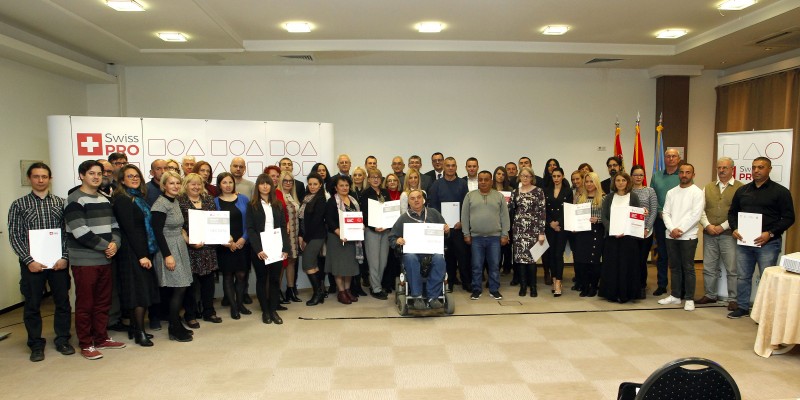
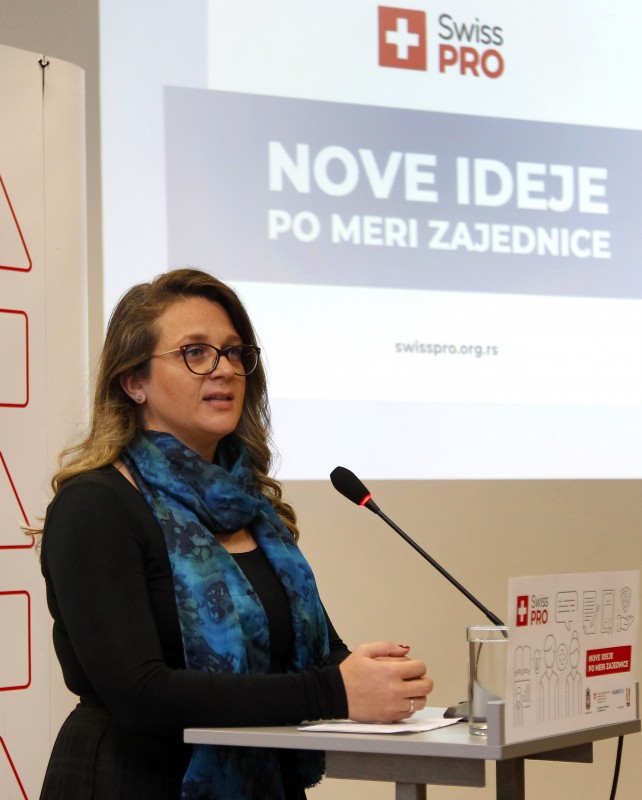
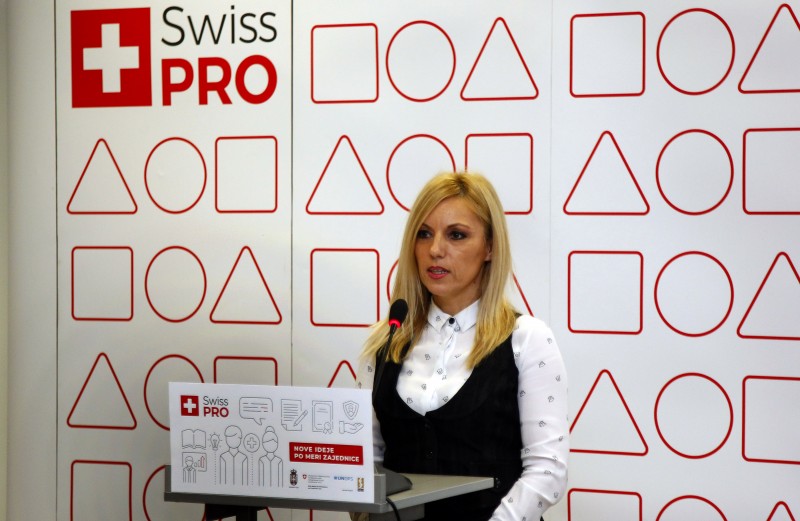
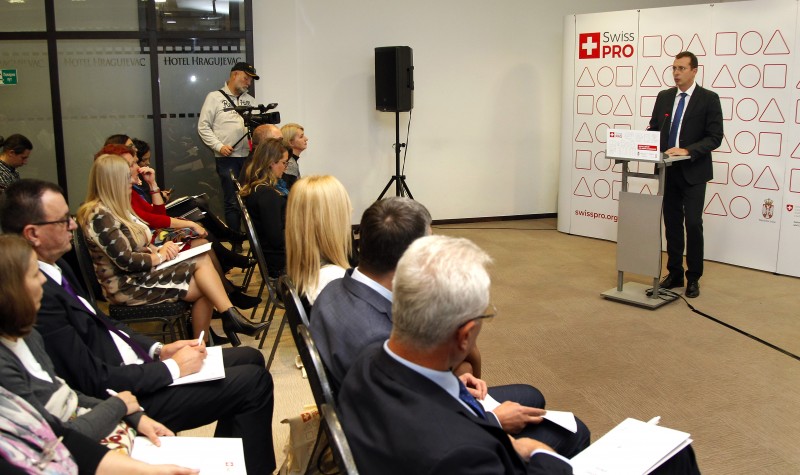
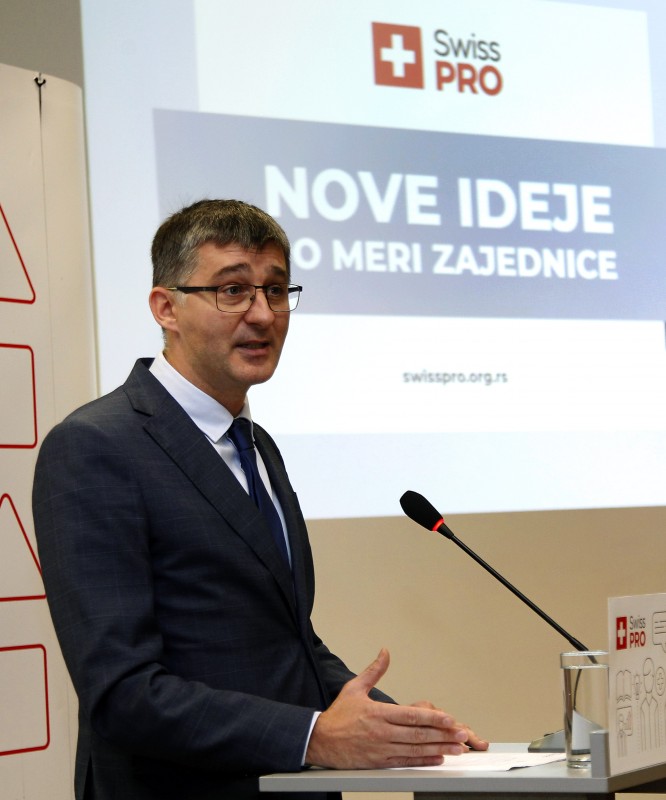
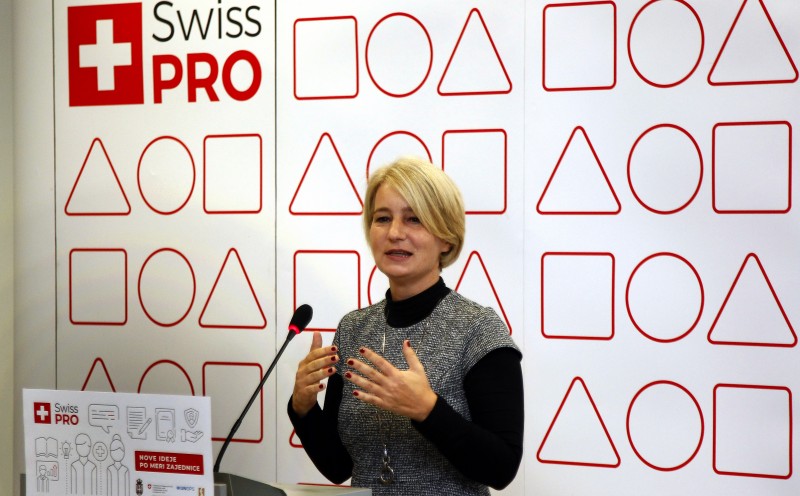
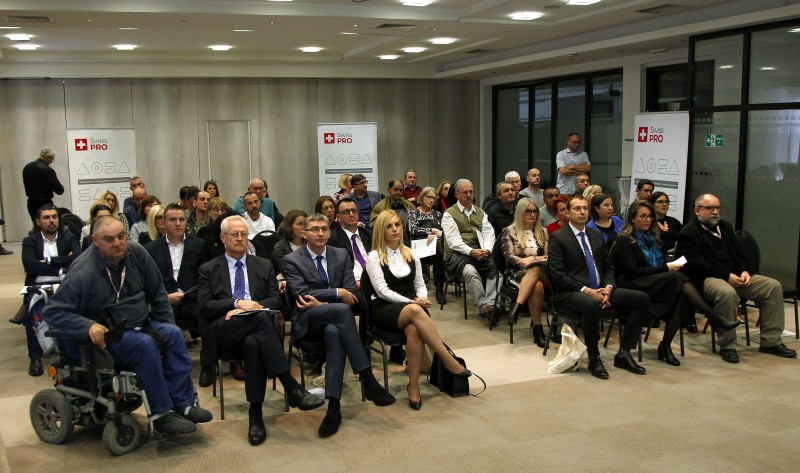
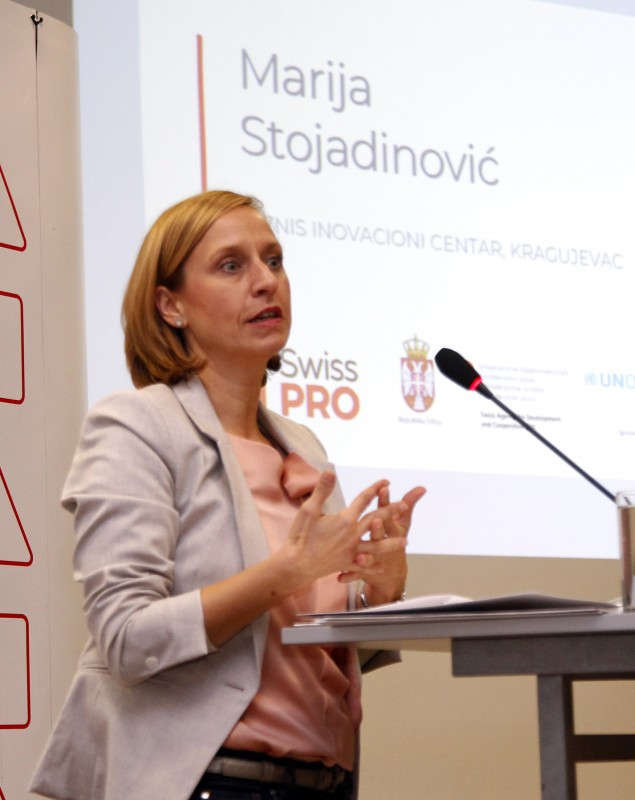
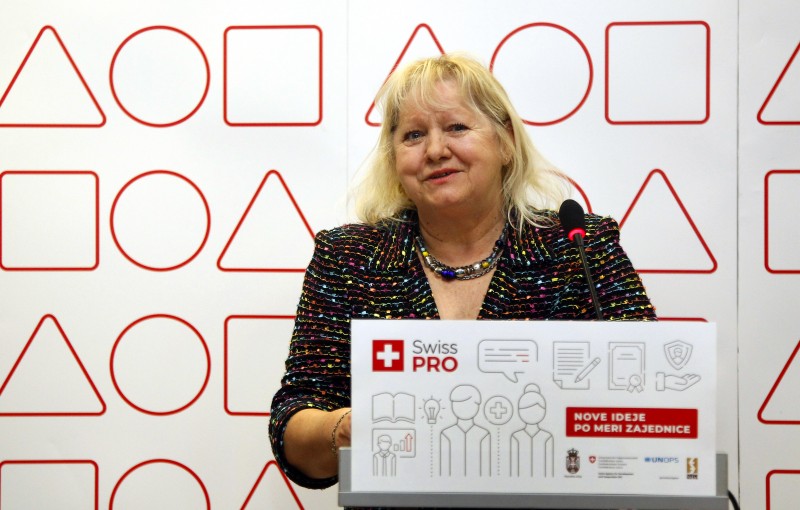
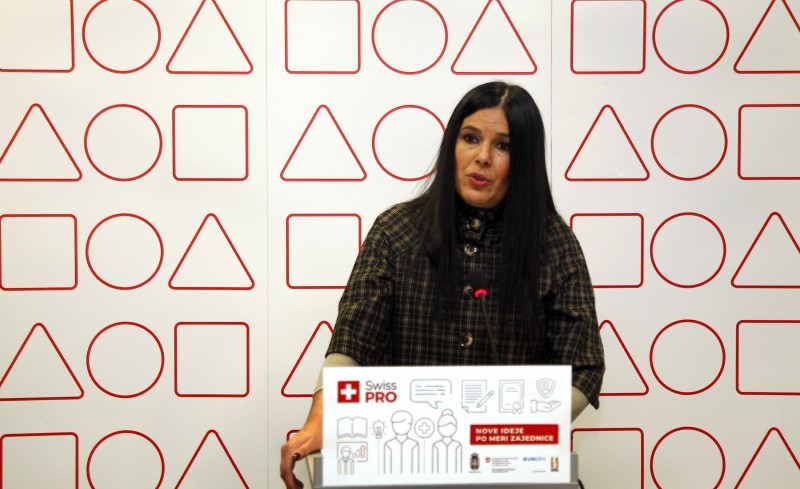
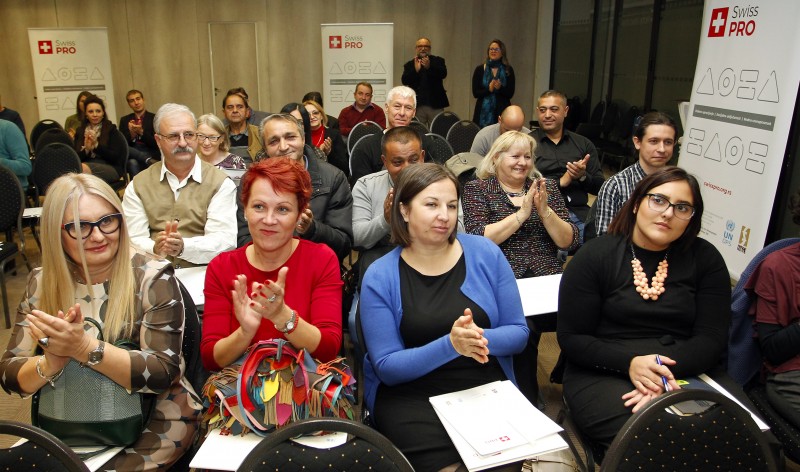
Better Quality of Life for Over 3,000 People from Vulnerable Groups
-
Kragujevac, 31 October 2019
“Local self-governments and the NGO sector definitely need to be extended support to develop as many new and innovative services as possible to help us identify new joint models to ease the lives and improve the situation of welfare beneficiaries. It goes without saying that we need to be guided by the social protection service quality standards,” said Assistant Minister of Labour, Employment and Veteran and Social Affairs Slađana Čabrić.
Over 1,200 citizens received support through various welfare services; over 1,100 received additional health support; 321 people completed training in various professions and 133 of them found jobs; and 152 children from vulnerable families were extended additional educational support.
“The greatest value of these projects is that they effect change at the local level, resulting in the improvement of the quality of life of the beneficiaries, be it in economic, social or cultural terms. The Swiss Government will continue supporting initiatives geared at the social inclusion of vulnerable groups,” said Petar Vasilev, the National Programme Officer at the Swiss Cooperation Office in Serbia.
Marko Vujačić, Head of Programme of United Nations for Project Services (UNOPS) Serbia, said that over 30,000 people from various vulnerable groups have been directly supported and have directly benefitted from social inclusion activities within UNOPS’ development programmes to date.
“These projects extend support to those who need it the most, the vulnerable social groups. Civil society organisations can and should be the local self-governments’ partners and resource, because they boast significant capacities that are sometimes underused. We need to continue with innovations to respond even better to the needs of the citizens, especially vulnerable ones,” Vujačić emphasised.
Swiss PRO National Programme Manager Ana Nedeljković Belja stressed that support to social inclusion at the local level was one of the Programme’s three pillars, together with good governance and gender equality.
“Over the next two years, we expect additional results of projects that will further improve the lives of over 5,000 people through Citizens Advisory Services and social protection services,” said Nedeljković Belja.
Support to vulnerable groups is based on an analysis of the local communities’ needs and their priorities, said Swiss PRO Programme Social Inclusion Officer Nataša Ivanović.
“The profiles of the supported beneficiaries vary, with women, members of the Roma national minority and youths accounting for most of them. Within these projects, support has also been extended to the elderly, persons with disabilities, people with malignant diseases, children, single parents, welfare recipients and unskilled workers,” said Ivanović.
In addition to the 26 CSO projects supported with nearly €350,000, the Swiss PRO Programme has supported another eight partner projects of local self-governments and CSOs with over €100,000 within its Public Call for Proposals under the slogan “New Ideas for Local Communities”. The implementation of these projects is under way and they envisage support to at least 650 vulnerable individuals in Vlasotince, Ivanjica, Smederevo, Raška, Ćuprija, Novi Pazar, Negotin and Zaječar.





